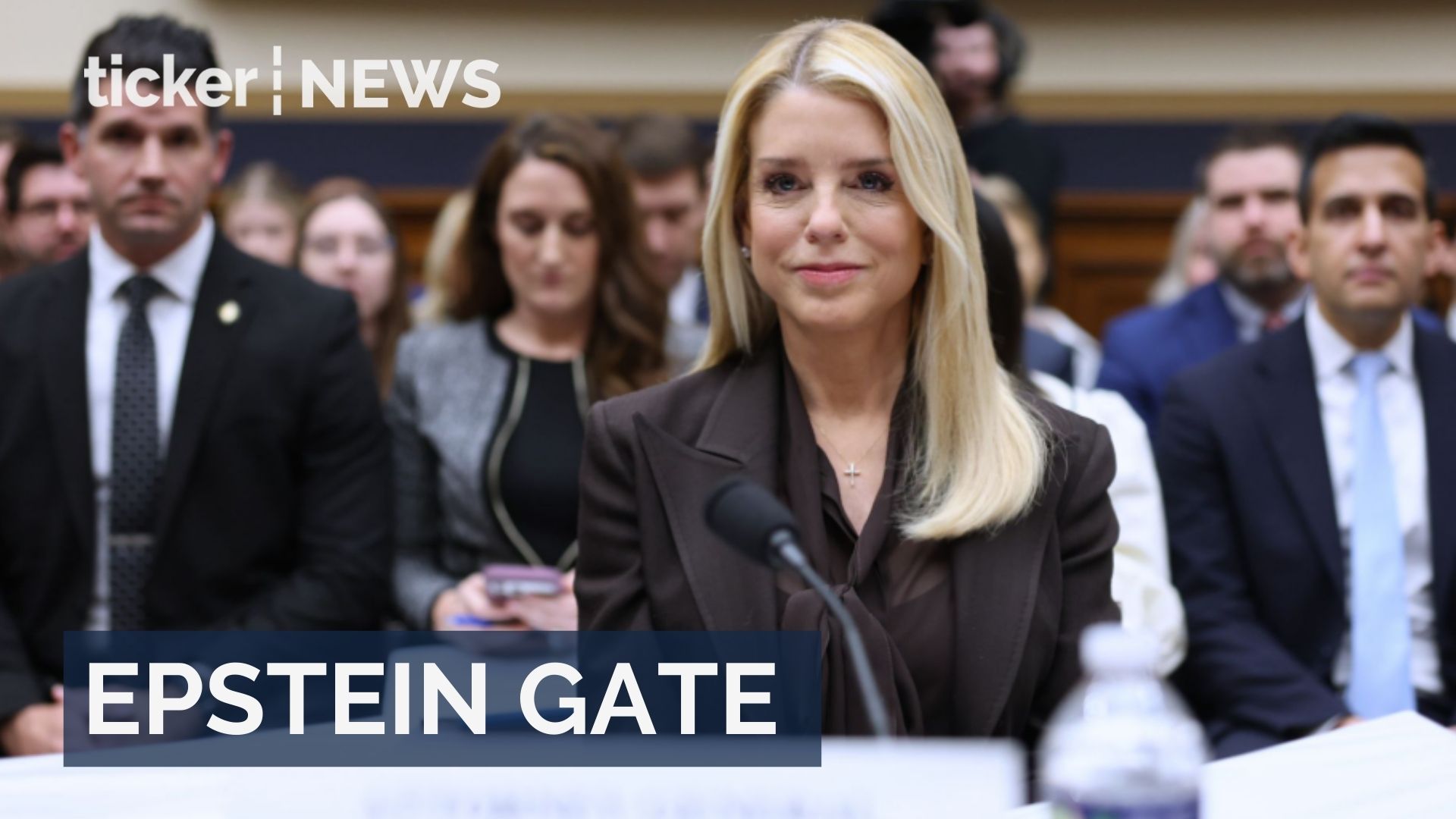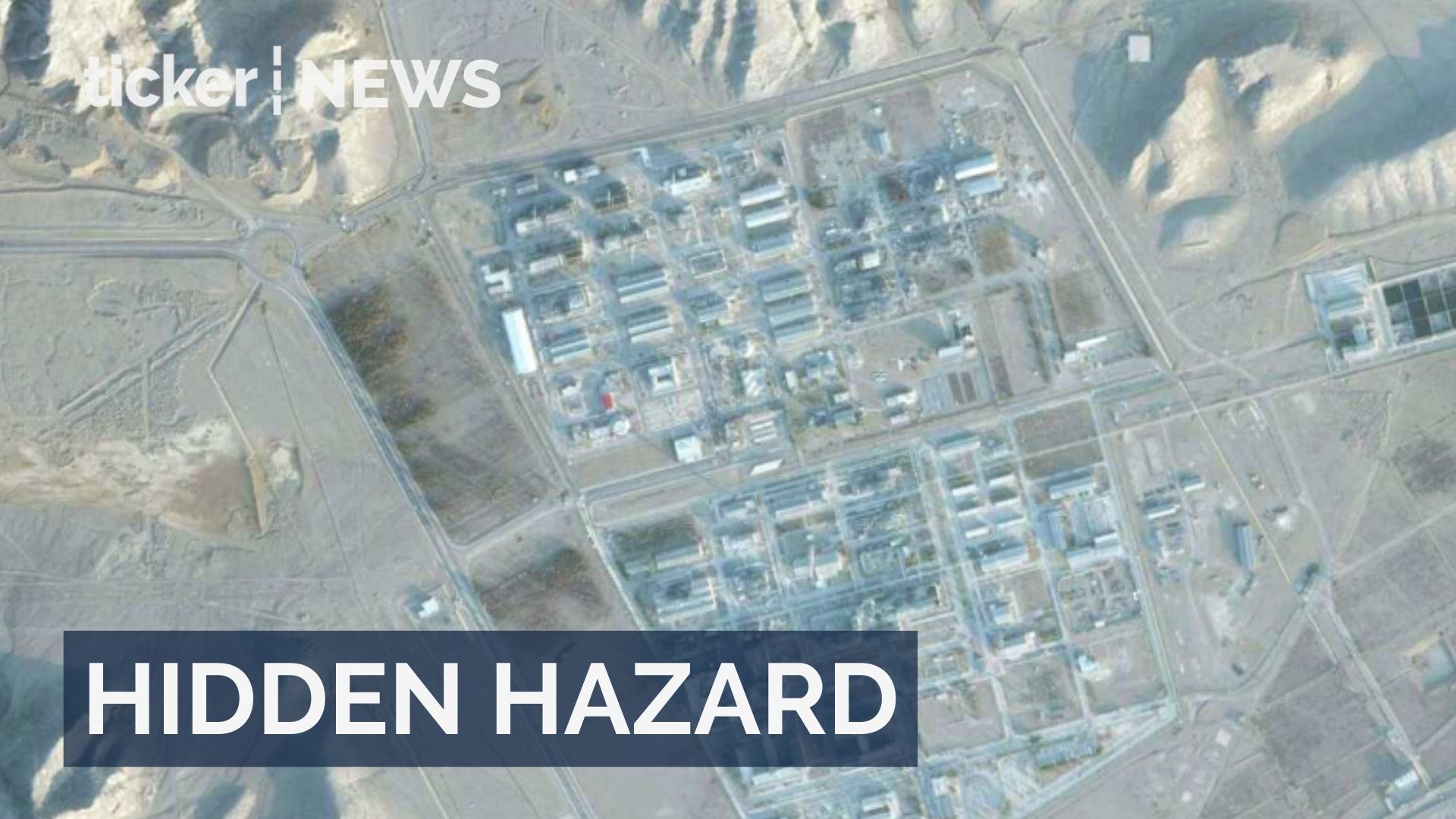News
Brazil presidential election headed for a run-off vote

News
Epstein hearing explodes over redactions and hidden names
Lawmakers accuse AG Pam Bondi of hiding Epstein-linked names amid congressional hearing, questioning redactions related to billionaire Wexner.
News
Angus Taylor moves to challenge Sussan Ley for party leadership
Angus Taylor resigns from Coalition frontbench to challenge Sussan Ley amid Liberal Party divisions and declining poll support.
News
Iran buries nuclear site entrances amid rising tensions with the U.S.
-



 Ticker Views4 days ago
Ticker Views4 days agoIsraeli President Herzog visits Australia amid rising antisemitism
-



 Tech4 days ago
Tech4 days agoClaude AI is transforming software engineering and productivity
-



 Ticker Views2 days ago
Ticker Views2 days agoLunar Gateway faces delays and funding debate amid Artemis ambitions
-



 Ticker Views3 days ago
Ticker Views3 days agoU.S. ambassador responds to NATO criticism at Munich Security Conference
-



 Ticker Views2 days ago
Ticker Views2 days agoSouth Korea introduces AI job protection legislation
-



 Money4 days ago
Money4 days agoTech stocks slide as investors rotate into small-cap and value plays
-



 News5 days ago
News5 days agoRussia missile strikes force Ukraine nuclear plants offline amid safety fears
-



 News4 days ago
News4 days agoJapan election delivers commanding win for ruling LDP






